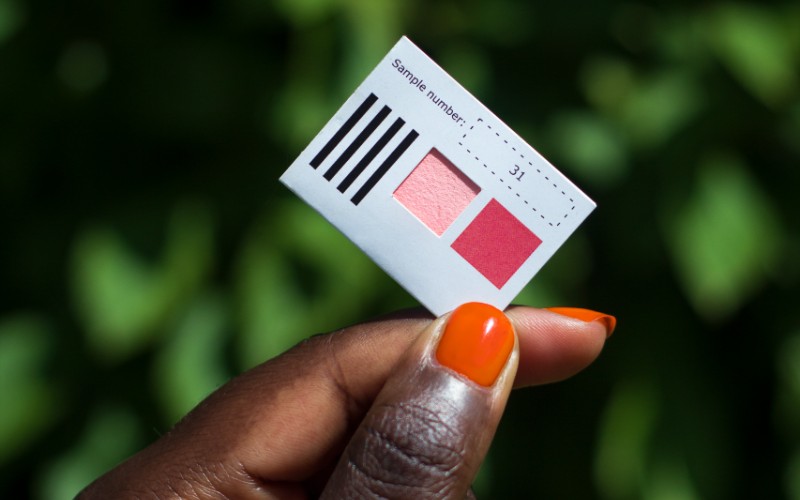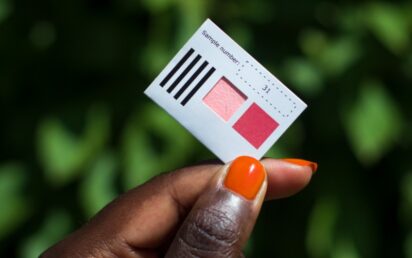A team of scientists at the University of the West of England are developing a BioTech sensor which they say can detect any virus or bacteria in a public space.
The AI-enabled Safe Surface Sensor is intended to determine whether a location has been properly sanitised and warn people if it detects a virus in the area.
Made of biodegradable paper, the sensors are in the final stages of testing with a scheduled release date in the second half of 2021.
With each sensor projected to cost 10p, Safe Surface Sensor will be a cost-effective solution for organisations and businesses seeking to ensure their locations and facilities are safe and sanitised as the UK eases social distancing measures.
Safe Surface Sensor is currently being trialled with certified partners, including Stagecoach, Bristol Ambulance and Clifton High School.
Unlike other sensors in development, Safe Surface Sensor’s focus on public sanitation and hygiene means it can be used to detect all types of virus and bacteria beyond COVID-19.
The sensors are placed around any public area where the transmission of viruses such as COVID may occur prior to the sanitation process.
The area is then sanitised using a fogging method or standard manual sanitisation as per the normal cleaning routine.
The Safe Surface Sensor mobile application can instantaneously scan the sensor and receive a result that identifies if the surrounding area has been effectively sanitised and is free from bacteria and viruses.
The results are sent to a central database that allows potential customers to confirm the area has been effectively sanitised by using a simple QR scanner.
The technology powering the sensor was initially developed by Safe Surface Sensor’s parent company Eco Sensing, which helps airlines measures and reduce the carbon footprints of their aircrafts.
“As a nation, we are entering a new phase in the fight against COVID-19 – one that is underpinned by the need to ensure that the economy can bounce back as quickly as possible,” said co-founder Graham Mimms.
“The reopening of offices and the removal of the ‘work from home recommendation’ is essential here, particularly if we are going to provide another boost to surrounding restaurants and shops.
“Yet this will only happen once individuals feel comfortable that they are in variably safe and covid-free surroundings and here, hygiene technology is essential.
“With Safe Surface Sensor, the control is put back in the hands of staff members, who can then make an informed decision as to whether they want to enter a given workspace.
“The impact that this could have on employee confidence is self-evident, and we would urge the government and companies across the private sector to seriously consider the adoption of technology, which is cost-effective, easy to use and accessible to every type of organisation.”


